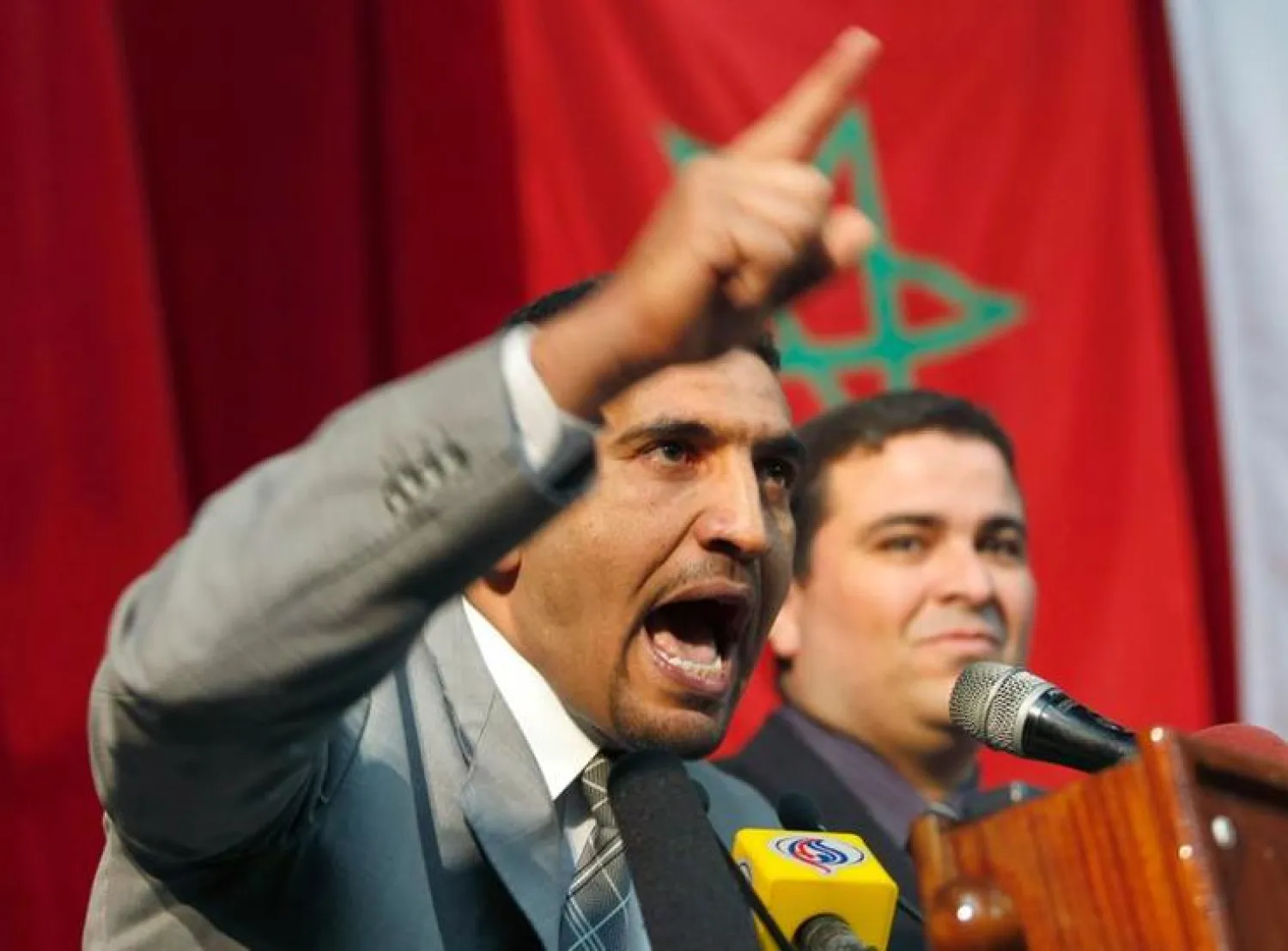Algerian authorities have been targeting for months activists in the Hirak movement, political opposers, journalists, and social media influencers, according to AFP. The country witnessed an escalation in condemnations and legal prosecutions.
"I'm hurt to hear these accusations of hurting the moral of troops and attacking national unity," Karim Tabbou, a key figure in anti-government protests last year, said during his trial.
He said he had "learned politics from people like Hocine Ait Ahmed", a veteran of Algeria's independence struggle who later became a leftist opposition figure.
A court in Kolea, near Algiers, ordered Tabbou to pay a TND100,000 (around USD810) fine, and a one-year suspended sentence, his lawyer Nassima Rezazgui told AFP. The court cleared him of "damaging the morale of the army".
Tabbou was detained on September 26 and imprisoned for nine months before getting a temporary release on July 2.
He is the leader of a small, unregistered opposition party, the Democratic Social Union (UDS). He is also one of the most prominent figures of Algeria's Hirak.
"It is truly unfortunate to convict a person twice on the same charge," said Rezazgui. "It is against the law. Our struggle continues for the rule of law."
Posters of Tabbou were raised during the weekly protests held against the authority in Algeria, then they were suspended in March due to the pandemic.
Last month, he bitterly criticized French President Emmanuel Macron's support for Algerian President Abdelmadjid Tebboune, who has been receiving treatment abroad after contracting the COVID-19 illness.
In a Facebook post, the activist accused Macron of "political hypocrisy" in his support for "an arrogant regime that imprisons journalists, flouts public liberties, and subjects the judiciary to its diktat".









